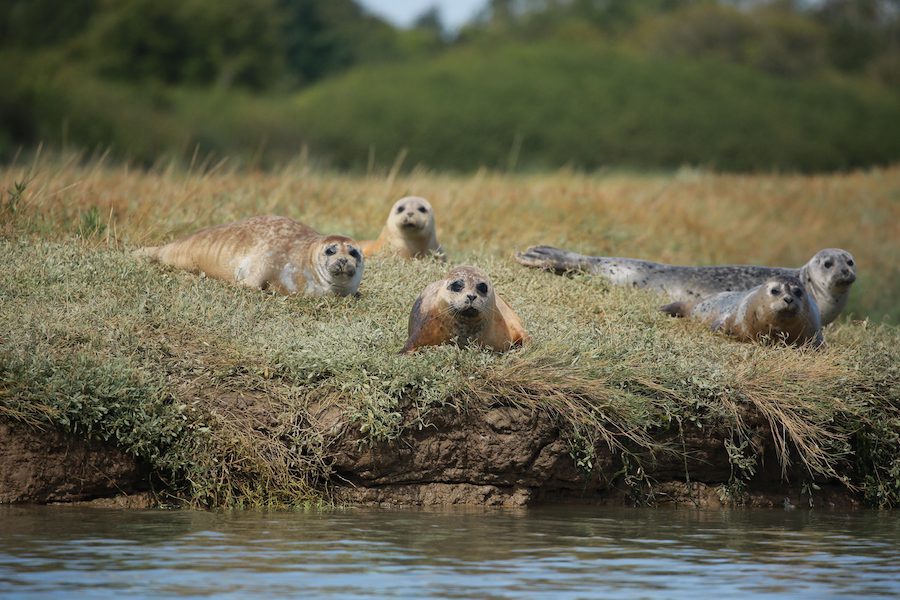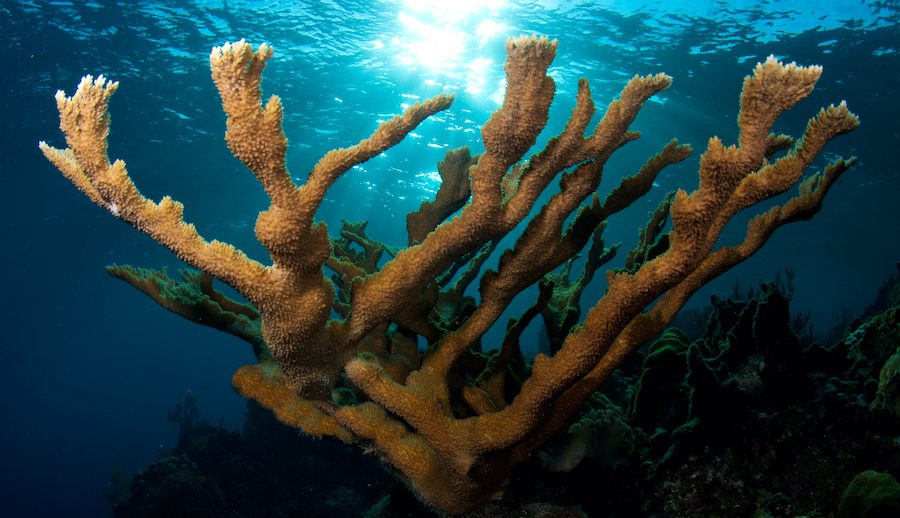The planet is facing two of the biggest threats in its history, biodiversity loss and climate change. These are worsening at extraordinary speed and our collective failure to act is having disastrous consequences.
There is a growing recognition and understanding among world leaders and policymakers of how biodiversity loss and climate change crises are connected, but we are yet to see united strategies on a global scale to address them. Habitat destruction diminishes nature’s ability to effectively store carbon and reduces species’ ability to adapt to changing environmental conditions, this then increases their risk of extinction and further exacerbates the breakdown of ecosystems.
But there is hope. We know that when given the chance, nature can recover.
“To drive nature’s recovery we are working tirelessly to ensure biodiversity is embedded in global decisions being taken on climate change at major events this year,” said Matthew Lowton, ZSL Policy Officer. “The pivotal climate conference COP26, held in Glasgow, is seen by many as the last chance we have to keep global warming of 1.5 within reach. ZSL will be attending and calling for global leaders to place nature at the heart of global decision-making, uniting solutions to tackle biodiversity loss and climate change. Governments must tackle these twin crises together.”
Biodiversity is also declining across the world at unprecedented rates. ZSL’s 2020 Living Planet Index – a measure of the world’s biological diversity based on population trends of birds, mammals, reptiles, amphibians and fish – recorded a decline of 68% in average species population abundance since 1970. This is a frightening number. At ZSL, we are committed to reversing these declines in conjunction with conservation strategies to support ecosystem health.
The drastic fall in biodiversity levels impacts economies, livelihoods, food security, health and quality of life worldwide. Investment in the future of our planet is essential to reversing these declines and supporting the health of wildlife and of people.
“At ZSL, we strive for the recovery of wildlife because this lies at the heart of healthy functional ecosystems that underpins ecological and climate recovery,” adds Andrew Terry, ZSL’s Director of Conservation and Policy. “These nature-based solutions can be immensely powerful – but they are currently underfunded, under-studied and overly simplified. We have to accept that the answers are difficult, challenging and require major long-term commitment. Nature-based solutions must sit alongside technological solutions.”
Corals can be described as the canaries in the coalmines, and the urgent need for united, global decision is clearly illustrated by the world’s reefs. Coral bleaching, caused by rising ocean temperatures, is an all-too-visible marker of stress or death.
Coral polyps – tiny animals – are the architects of some of the most biodiverse ecosystems on Earth. The reefs they build provide vital habitat, feeding, spawning and nursery grounds for more than a million aquatic species, while around 450 million people rely on them for food, coastal protection and their livelihoods.
Here in the UK, we are engaging young people through our two Zoos, London and Whipsnade. The next generation will most keenly feel the impacts of climate change in the future, while also potentially seeing the loss of some of the planet’s most recognised species if we do not act. ZSL is committed to inspiring and educating these conservation leaders of the future to get involved, by connecting them with wildlife in our Zoos, and supporting teachers with resources on climate change.
Together, we have an opportunity now to change the future of our planet. ZSL’s innovative work around the world shows that nature can return and thrive given the right combination of help. Our vision for the future, a world where wildlife thrives, is underpinned by the Sustainable Development Goals and is led by the power and insight of our world leading science, boots on the ground field conservation and practical experience of caring for endangered animals in our Zoos. Vitally, our conservation interventions are low-cost and high impact.
We each have the power to secure change, but we need your help. Each small act can make a difference, from using a re-usable cup, to making a commitment to the health of our planet by donating to our work, to connecting your business with ZSL to drive our vision for the future together. At this critical moment in time for our planet, I invite each of you to make a transformative change for the future of our shared planet.
James Wren is the ZSL Executive Director of Fundraising and Engagement.
SEE ALSO:
Funding needed for animal-borne virus research
Technology is the key to conservation

